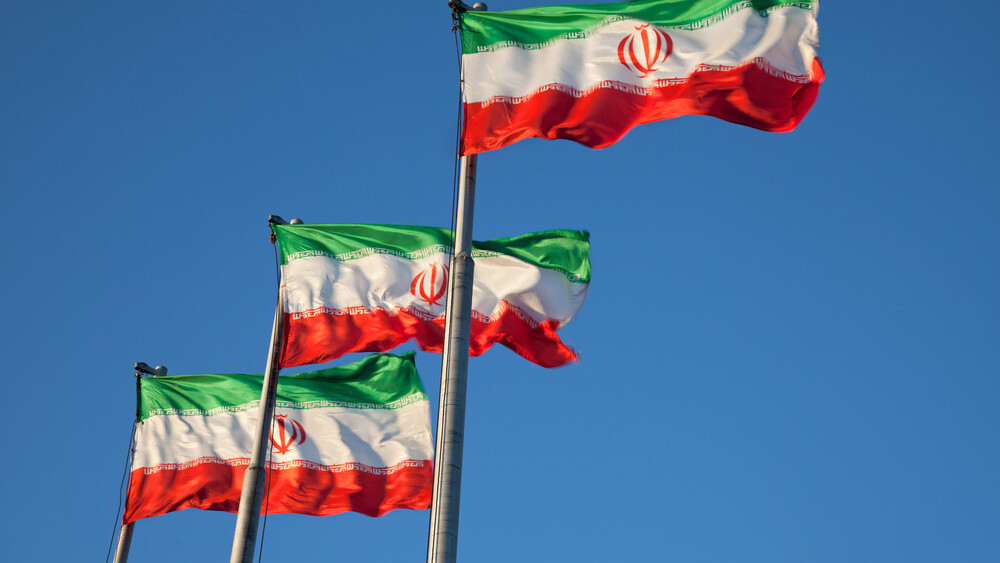
One year after first drawing scrutiny from the US, ZTE Corp, the Shenzhen-based provider of telecom services and equipment, has all but ceased its business ties with Iran.
In an interview with Reuters, ZTE Chairman Hou Weigui revealed that while the company would continue to provide maintenance with its previous buyers in Iran, it would no longer actively sell its products in the country.
The move appears to be a partial concession in light of pressures from the United States. In March of 2012, ZTE attracted attention from the US government when it was discovered that the telecom firm had been supplying the Telecommunication Company of Iran, a state-owned enterprise, with hardware and software that was ultimately used for citizen surveillance. Since the US has banned the sale of all non-humanitarian goods to Iran, ZTE in essence acted as a backdoor through which President Ahmadinejad’s regime could access tools for spying.
The initial discovery of ZTE’s sales to Iran launched an FBI probing into Chinese telecom firms like ZTE and Huawei, which, in conjunction with reports of cyberespionage emanating from the Chinese government, led the US Congress to deem both Huawei and ZTE threats to national security. In March, President Obama restricted government purchases of products and services from both firms.
In Iran, ZTE distributed goods from US firms including Hewlett-Packard, Dell, and Cisco – the latter of which ultimately severed ties with ZTE.
In the Reuters piece, Hou laments the move with an air of resentment. The article reads:
“I think we’ve really been treated unjustly on this issue. Others are selling the same things, and we weren’t even selling the most,” Hou said. “Now we face these restrictions, and others in the industry aren’t facing any restrictions – they’re all still selling. This is a bit unfair.”
Earlier this year, ZTE announced a net loss of 440 million US dollars.
Image Credit via Borna Mirahmadian/Shutterstock
Get the TNW newsletter
Get the most important tech news in your inbox each week.




